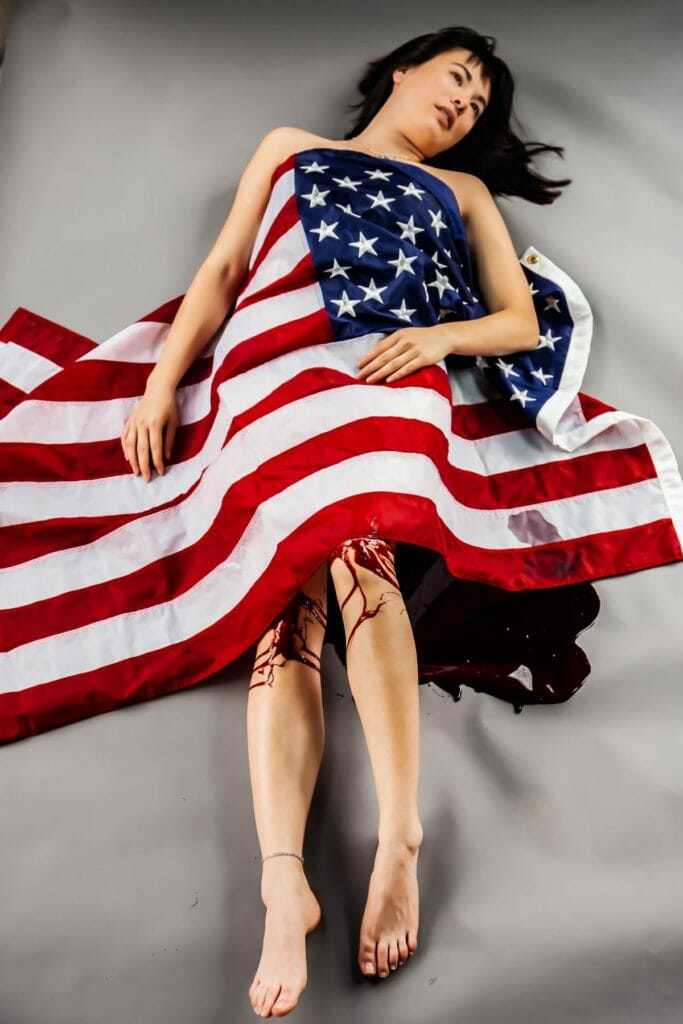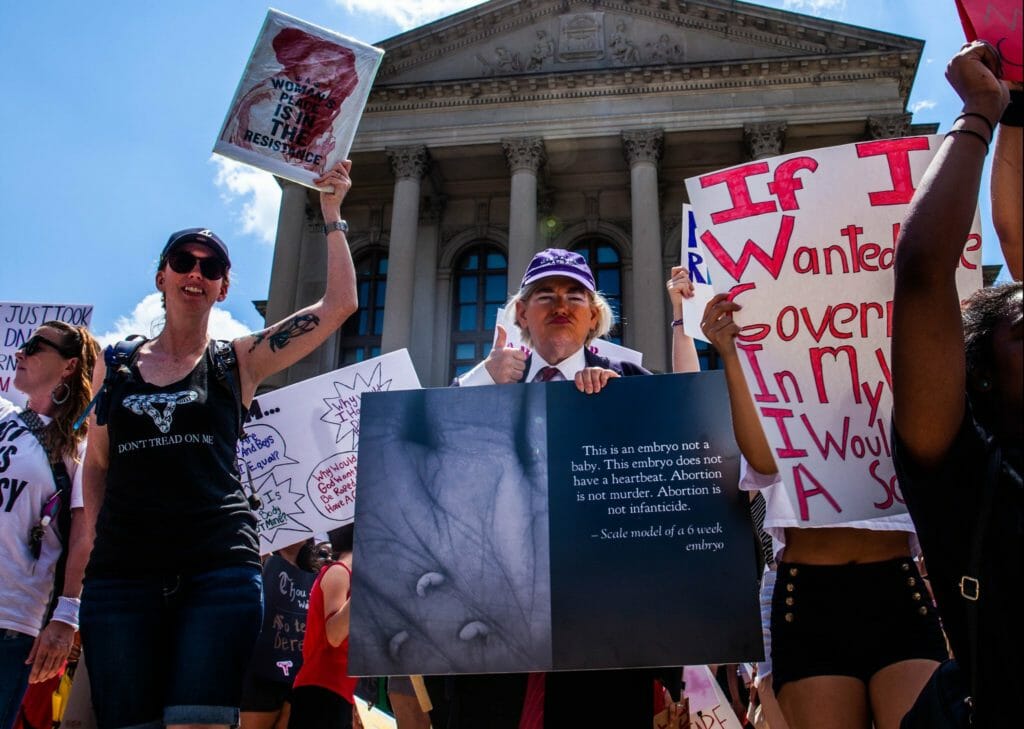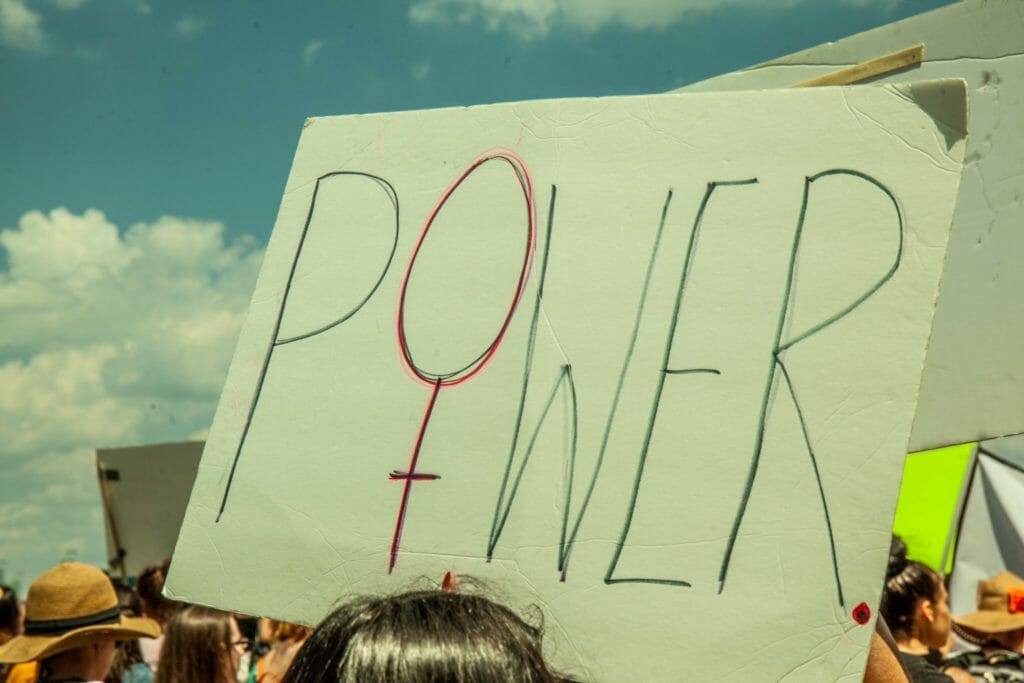Every election year in America, political candidates discuss campaign finance laws and attack each other for taking money from special interest groups. Campaign ads paid for by independent organizations now appear on video streaming services, website pop-ups, and social media apps. As we draw closer towards the seemingly apocalyptic 2020 election, it’s important to recognize what these special interest groups are, how they are funded, and how they exert a powerful influence on American politics.
The most important recent development in campaign finance law is the 2010 Supreme Court case Citizens United v. FEC, often referred to simply as “Citizens United”. Before we dig into this case and its shocking ramifications on contemporary political spending, it will be helpful to define a few important terms and get some background on the organization involved in the case. In this article, we will refer to the court case Citizens United in italics and its namesake organization in regular font.
Nonprofit: An organization that uses its revenue surplus to further a social cause rather than distributing earnings to members or shareholders. The term “nonprofit” can be somewhat misleading; nonprofits can still generate greater income than expenses, as long as they continue to reinvest that income in their cause rather than keeping it for its members. Most nonprofits are also tax-exempt, although certain political nonprofits may be subject to federal income tax depending on the exact status of their incorporation.
Political Action Committee (PAC): A specific type of tax-exempt nonprofit organization that collects campaign contributions and donates these funds to specific political campaigns or ballot initiatives. PACs arose from the labor movement during the 1940s to circumvent the restrictions on unions donating directly to political campaigns. They became more widespread after a series of campaign reform laws were passed in the 1970s that made it easy for corporations, trade associations, and labor unions to form their own PACs. Traditional PACS have strict limitations on how much money they can receive from individual donors and how much money they can directly donate to political candidates or parties. As we will see, the new “super PACs” that have risen since the Citizens United case are not bound by the same rules as traditional PACs.
Citizens United is a conservative political advocacy group (technically a 501(c) nonprofit and not a PAC, but more on that later) founded in 1988 by political consultant Floyd Brown. In 2000, David Bossie took over as the group’s chairman. Bossie was formerly a Republican congressional investigator tasked with looking into possible illegal campaign financing by Bill Clinton’s campaign, but he was forced to resign when it became clear that his team was publishing redacted documents that had been manipulated to further the Republican agenda against Clinton. Bossie is now known for his close relationship with Donald Trump; he served as Trump’s deputy campaign manager in 2016, and was the person responsible for introducing Trump to notorious political agitator Steve Bannon.
Under Bossie’s leadership, Citizens United became known for producing advertisements and documentaries attacking prominent Democratic candidates. In 2004, the group filed several complaints with the Federal Elections Commission (FEC) claiming that TV advertisements for Michael Moore’s documentary Fahrenheit 9/11 were political advertising because of the film’s criticisms of President George Bush, and that therefore under federal restrictions at the time, they could not be shown during the 60 days before the 2004 presidential election. When the FEC denied their claims on the grounds that the film was a genuine commercially funded documentary and not a political expenditure, Citizens United produced the film Celsius 41.11 as a rebuttal to Moore’s film, explicitly attacking Democratic presidential candidate John Kerry. In an interview with the Los Angeles Times discussing Celsius 41.11, Bossie explained that the film was a “counterpunch” at Moore and bemoaned that documentaries have become a weapon of the left. Citizens United paid to distribute the film in theaters, but ironically, the FEC prohibited the group from advertising or showing it on TV during the two months leading up to the election. Since Citizens United was a political advocacy group and not a commercial filmmaker, the film broke the exact federal restrictions on independent political advertising for which they had attacked Farenheit 9/11.
Citizens United v. FEC
In 2008, Citizens United released a film called Hillary: The Movie attacking Hillary Clinton, who was at the time running against Barack Obama for the Democratic presidential nomination. As the FEC planned to once again prohibit them from advertising or showing their film on TV in the weeks before the Democratic primary, Citizens United filed a complaint with the U.S. District Court in Washington, D.C., challenging the constitutionality of the ban on corporate electioneering communications. When the District Court denied their complaint, the group appealed the case to the Supreme Court in an attempt to overturn these independent campaign financing laws.
In January 2010, the Supreme Court voted 5-4 in favor of Citizens United in a controversial decision that opened the doors to unlimited corporate spending during elections. When issuing the court’s decision, Justice Anthony Kennedy claimed that the prohibition on independent advertising violated the First Amendment’s free speech clause and insisted that electioneering laws could be used to censor political opinions. The dissenting four justices rightfully worried that overturning these restrictions would lead to an influx of corporate money being used to drown out grassroots movements and buy elections. In his dissenting argument, Justice John Paul Stevens wrote, A democracy cannot function effectively when its constituent members believe laws are being bought and sold.
“Money isn’t speech and corporations aren’t people.”
Bought and sold, indeed. In a 2010 article published in Slate Magazine a few days after the Citizens United ruling, law professor David Kairys perfectly summarized the problem with the court’s decision: “Money isn’t speech and corporations aren’t people.” Looking forward to how this influx of corporate cash would unfairly influence elections in the years to come, Kairys concluded, “Wealthy people and corporate managers shouldn’t dominate politics or have more and better speech rights than the rest of us. That seems like an obvious truth. And yet the Supreme Court’s recent decisions move us away from it.”
The Rise of Super PACs
While Citizens United opened the door to independent electioneering by corporations and other entities, it took a similar case that same year to really turn on the golden faucet of corporate cash that now dominates political spending. A few months after Citizens United, the U.S. Court of Appeals in D.C. voted unanimously in SpeechNow v. FEC to overturn the contribution limits that individuals and groups can make to independent PACs, so long as those PACs do not contribute directly to a candidate’s official campaign. This quickly led to the rise of independent expenditure-only political action committees, better known as super PACs.
Unlike traditional PACs, super PACs cannot donate directly to official political campaigns, but they have no donation limits for individual donors and no spending limits on their own independent advertising for political candidates or causes. So while a Super PAC still cannot directly coordinate with a candidate’s campaign or a political party, they can spend as much as they want on their own advertising supporting or attacking candidates.
You may have noticed a recent influx of ads promoting or attacking Trump or Biden that say “Paid for by [insert name of group here]”. Many of these are examples of super PAC spending; the candidates themselves do not have to spend a dime on these ads, and are not allowed to directly coordinate with the groups on them. Candidates get around this restriction by trying to promote their strategy as clearly as possible during media appearances and speaking directly to donors at fundraising events, providing super PACs with a trove of clips and soundbites to use in their ads. Super PACs function as well-oiled independent political advertising machines, flush with cash from wealthy donors and with no limit on how much they can spend in their attempt to influence an election.
The rise of super PACs has also led to some interesting debates among candidates about political spending. In the March Democratic debate earlier this year, Bernie Sanders and Joe Biden threw jabs at each other, both claiming that the other was supported by super PACs. According to a FactCheck.org analysis of the debate, former Biden staffers set up a pro-Biden super PAC in 2019 that spent millions on ads for him during the primaries and continues to do so now for the general election. While a poorly worded Associated Press headline led social media users to believe otherwise, Sanders does not have his own super PAC; although, several other progressive nonprofits did either endorse Sanders or run independent advertising supporting him during the primaries. The pro-Sanders organizations included National Nurses United, Sunrise Movement, and as Sanders stated in a Meet the Press interview with Chuck Todd on Feb. 9, 2020, “immigration activists and civil rights activists.”
It is worth noting that almost all of the organizations that endorsed Sanders are not PACs, but grassroots nonprofit groups taking small donations from individuals, not large corporate interests. Sunrise Movement took to Twitter after the debate to declare Biden’s attack on them and other grassroots fundraising as a “smear,” stating that “comparing this to Joe Biden’s billionaire funded super PAC is ridiculous.”
Dark Money
Another equally problematic outcome of Citizens United was a massive increase in so-called “dark money” spending. Dark money groups are 501(c) nonprofit organizations such as social welfare groups, unions, and trade associations that are generally not required to disclose their donors, and because of the quarterly tax filing system, are usually able to delay any funding and spending disclosures until after an election has happened. Like super PACs, these groups can pay for political advertising, host fundraisers, and otherwise spend money from donors to influence elections. Unlike super PACs, these nonprofit groups are officially supposed to be “nonpolitical” in nature; in other words, they are legally required to use less than half of their spending on political campaigning. However, because these groups report to the IRS rather than the FEC, there are plenty of legal loopholes for them to exploit to circumvent this.
According to a 2014 Newsweek report on dark money, the IRS has “struggled to identify which organizations appeared to be spending more than the recommended 50% of their annual budgets on political activities — and even to define what ‘political spending’ was.” For example, the same individual or organization can create both a super PAC and a 501(c) nonprofit group, allowing them to move money around between the two groups to disguise the original source of the funds. It has also become common for wealthy donors and special interest groups to create a shell corporation specifically to disguise the source of their donations to dark money groups; the nonprofit may have to reveal the LLC’s donation in its quarterly tax filing, but tracing this back to the original donor can be extremely difficult.
The most prominent example of this interplay between dark money groups and political spending is the Koch brothers. In the 2012 election, the Koch brothers raised over $400 million to influence the presidential election using a vast network of shell companies and conservative nonprofit groups to disguise the source of the donors. The public did not become aware of this until nearly a full year later, when reporters from Politico and the Center For Responsive Politics used tax documents to piece together a map of 17 different dark money groups backed by the Koch team. This kind of independent political fundraising was unheard of before the Citizens United case, and corporate spending funneled through dark money groups continues to grow with each election cycle.
For The People
According to a 2015 report by nonpartisan law and policy institute the Brennan Center, “This is perhaps the most troubling result of Citizens United: in a time of historic wealth inequality, the decision has helped reinforce the growing sense that our democracy primarily serves the interests of the wealthy few, and that democratic participation for the vast majority of citizens is of relatively little value.”
In the years since Citizens United, progressives have repeatedly called for Congress to pass legislation that would reform campaign finance laws and limit independent campaign spending. In March 2019, the House passed the For The People Act, a bill designed to ensure full disclosure of all campaign spending and place tighter restrictions on independent advertising in elections. The bill also included voting reforms such as automatic voter registration and a ban on voter roll purges, a voter suppression tactic used prominently in Georgia by Gov. Brian Kemp’s administration to remove eligible voters from the system.
Unsurprisingly, Senate Majority Leader Mitch McConnell has refused to allow consideration of the bill in the Republican-controlled Senate because it would help restore a sense of balance and transparency to our broken, corrupt electoral system. As the influence of billionaire donors and corporate special interests continues to exert a stranglehold on American politics, overturning Citizens United will be a crucial first step towards electing a government that is truly by the people and for the people.




